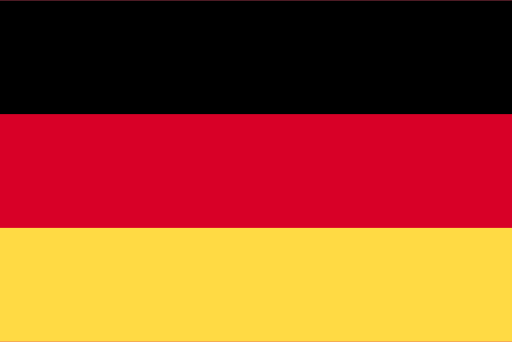High-net-worth families increasingly look beyond traditional trusts to structure their wealth. In Dubai’s sophisticated financial hub, the Dubai International Financial Centre (DIFC), foundations have become a popular vehicle for succession planning. A 2024 report notes that registrations jumped 51% to 671 foundations, reflecting growing demand for robust, flexible, and confidential structures. Unlike trusts, DIFC foundations are standalone legal entities with their own personality and are governed by a modern common-law framework. This article explains how these foundations work and why they are attractive to international families.
What Is a DIFC Foundation?
A DIFC foundation is a legal entity established under the DIFC Foundations Law 2018. It combines features of trusts and companies: it can hold assets, enter contracts, and sue or be sued in its own name. This distinct personality, coupled with optional confidentiality about beneficiaries, makes it a flexible tool for succession and asset protection.
A foundation is created by a founder and managed by a council; it must maintain a registered office in the DIFC and is governed by a tailor-made charter and by-laws. A guardian is required only if the foundation has charitable purposes, but founders often appoint one to provide oversight.
Key Roles and Governance
-
Founder: establishes the foundation and defines its purpose, assets, and beneficiaries.
-
Council: at least two members manage the foundation’s affairs and ensure compliance.
-
Registered office: the foundation must be domiciled within the DIFC, either directly or through an agent.
-
Charter and by-laws: these documents outline governance rules and can be amended by the founder, offering high flexibility.
-
Guardian (optional): provides an additional layer of oversight and must be appointed for charitable or specified non-charitable objects.
-
Beneficiaries (qualified recipients): individuals or classes of persons who may benefit from the foundation; their details remain private.
Benefits of DIFC Foundations for Succession Planning
Legal Certainty and Confidentiality
The DIFC provides an English-language common-law framework with independent courts and clear legislation. This ensures legal certainty and robust dispute resolution. Beneficiary details are not publicly disclosed, allowing wealthy families to preserve privacy.
Flexibility and Control
Founders can amend or revoke the charter and by-laws or even terminate the foundation during their lifetime. This flexibility enables them to adjust governance as family dynamics change. Unlike trusts—where control rests with a trustee—founders can retain significant influence through the council.
Multigenerational Planning
DIFC foundations are designed to span multiple generations. Families can define succession pathways and roles in advance, ensuring continuity and preservation of family values. The structure is also more easily recognised in civil-law jurisdictions than trusts, making it ideal for international families.
Asset Protection and Tax Efficiency
A foundation shields assets from personal liabilities, political instability, or family disputes. It can hold various assets—real estate, free-zone companies, investment portfolios, private equity, art collections, and luxury vehicles—and benefit from reduced transfer fees when property remains under the same beneficial owner.
The DIFC’s tax-neutral environment complements international estate planning by allowing assets to grow unencumbered.
How to Set Up a DIFC Foundation
-
Draft the charter and by-laws: use standard templates or customise them to define purpose, governance, and beneficiaries.
-
Appoint the council and guardian (if required): choose qualified individuals or corporate service providers to manage the foundation.
-
Register with the DIFC Registrar: file the charter, by-laws, and registration forms; the process is straightforward and does not require an audit.
-
Maintain ongoing administration: prepare annual accounts and update records; the DIFC imposes minimal reporting obligations.
Why It Matters for High-Net-Worth Families
For international families, a DIFC foundation offers a modern solution that transcends the limitations of traditional trusts. It provides legal certainty, confidentiality, flexible governance, and asset protection, while accommodating Shari’ah considerations when necessary. With the number of foundations surging by 51% in 2024, the DIFC clearly caters to growing demand for succession planning vehicles that support complex, multi-jurisdictional estates.
Summary
DIFC foundations combine the privacy and asset-protection features of trusts with the legal personality and governance flexibility of companies. They are particularly attractive for families with international assets, diverse beneficiaries, and long-term succession goals. By establishing a DIFC foundation, high-net-worth individuals can ensure smooth intergenerational wealth transfer while maintaining control and confidentiality.
At Paulson & Partners, we assist clients worldwide with the setup and administration of DIFC foundations. Our experts design bespoke structures that align with your family’s values, protect your assets, and simplify succession planning. Contact us today to explore how a DIFC foundation can secure your legacy.


 EN
EN DE
DE









